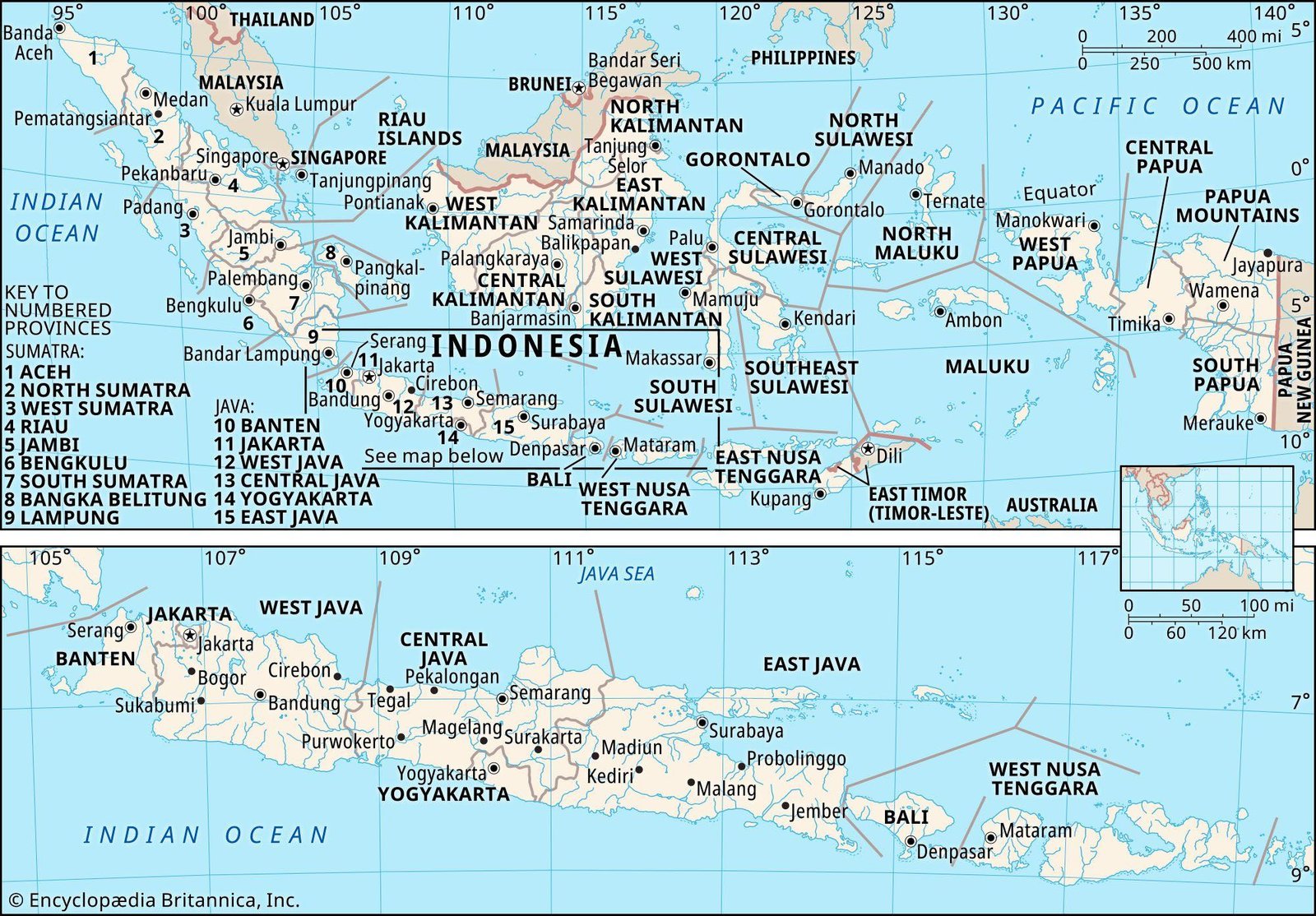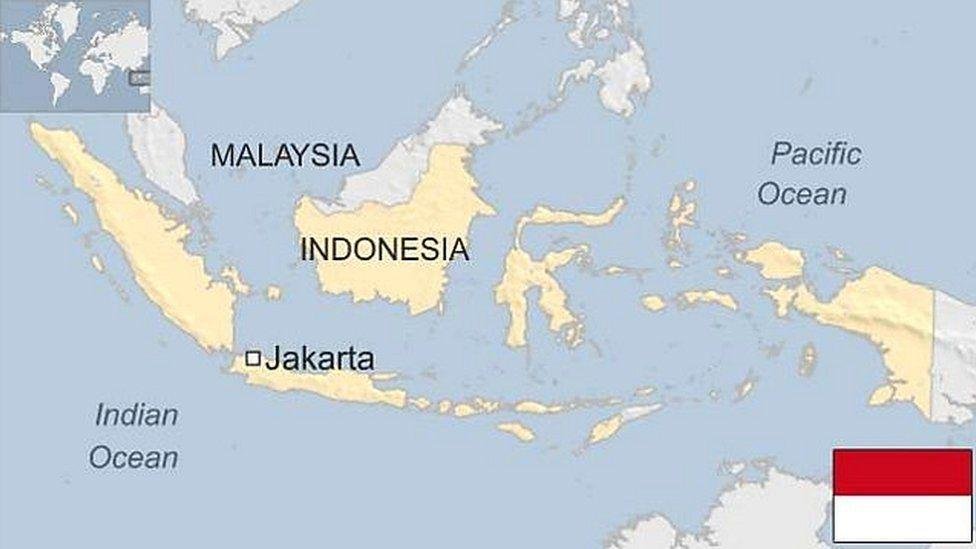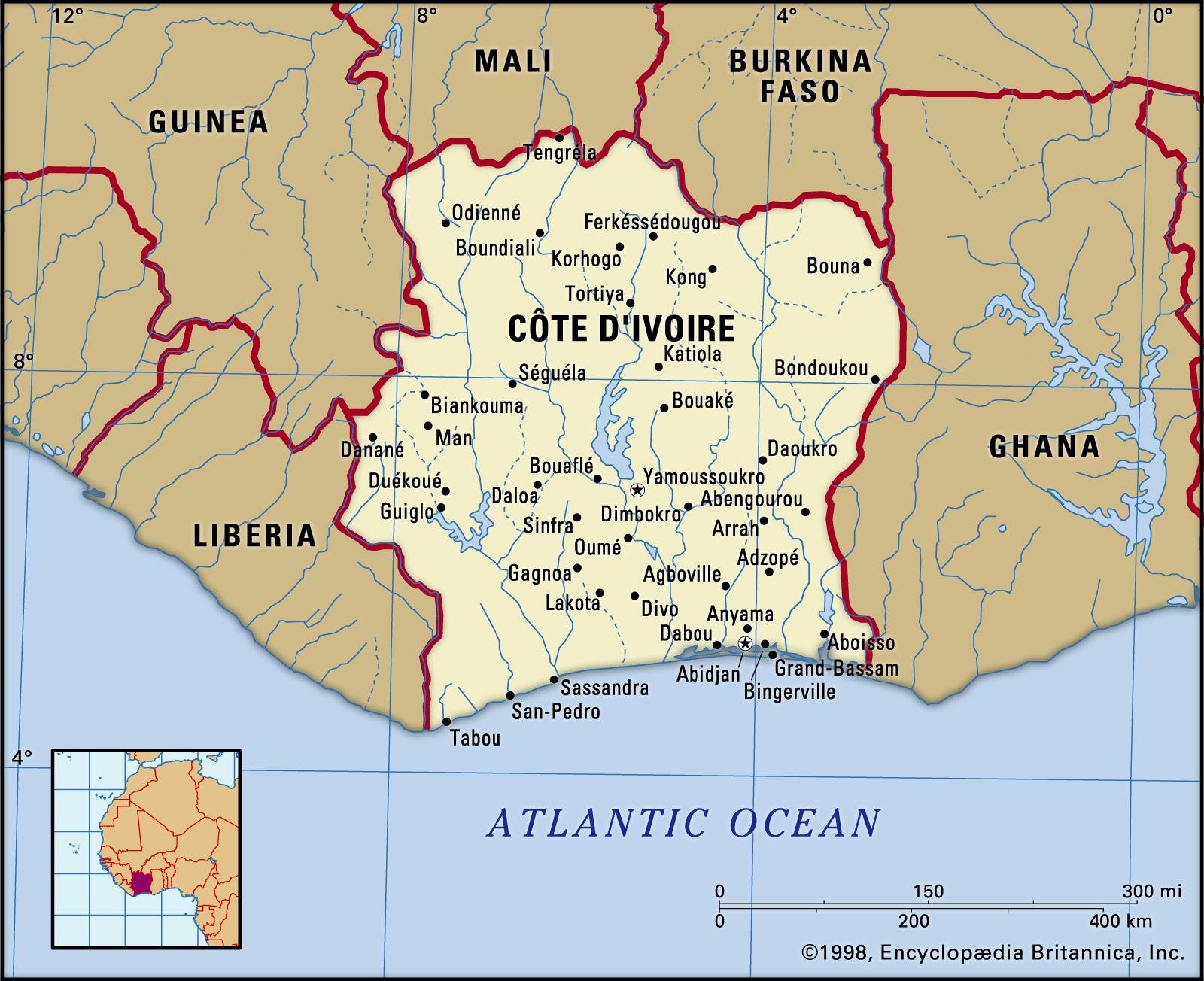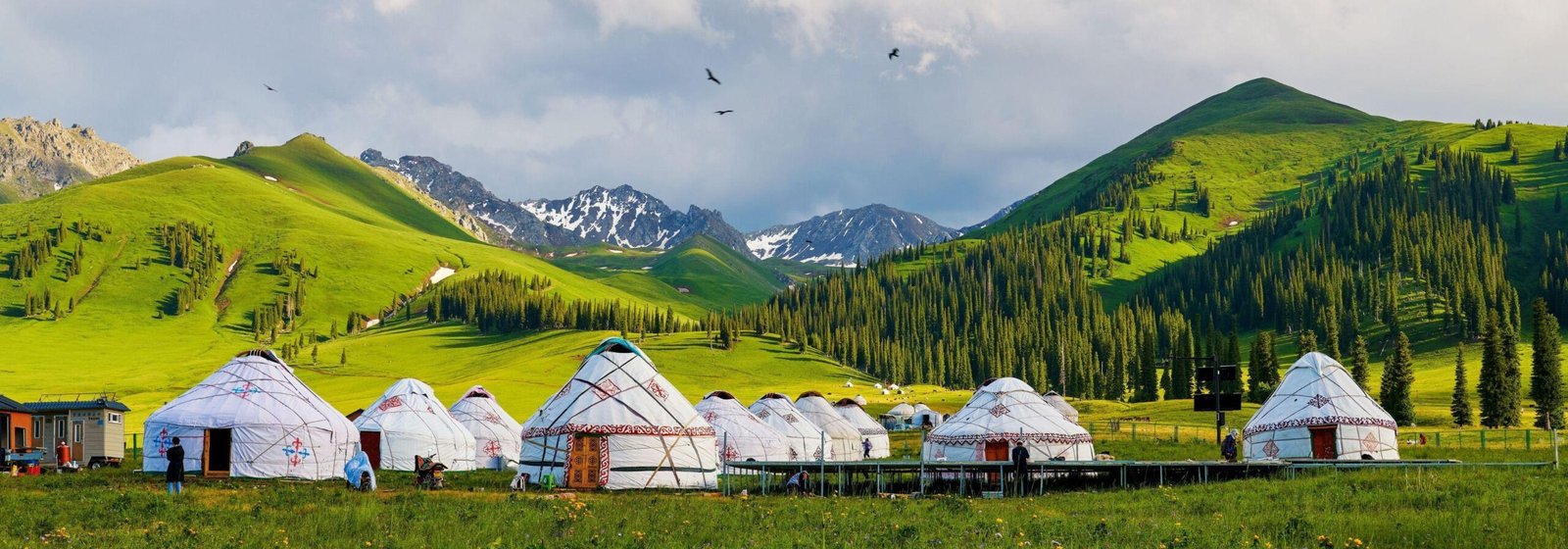Now Reading: Indonesia
- 01
Indonesia

Indonesia
Indonesia, a sprawling archipelago in Southeast Asia, is a melting pot of diverse cultures, landscapes, and traditions. With a population exceeding 270 million, it is the fourth most populous country in the world. From vibrant cities like Jakarta to the lush jungles of Bali, Indonesia offers a wealth of experiences for travelers and residents alike. In this article, we will explore the history, geography, and culture of this fascinating nation.
Overview of Indonesia’s Cultural Diversity
Indonesia is a melting pot of diverse cultures, with over 17,000 islands and more than 300 ethnic groups. This rich cultural tapestry is reflected in various aspects of Indonesian life, from traditional arts and crafts to religious practices and cuisines.
Some key points about Indonesia’s cultural diversity include:
- Javanese culture: The largest ethnic group in Indonesia, the Javanese people have a rich artistic tradition, including batik textiles and wayang kulit shadow puppetry.
- Balinese culture: Known for their vibrant dance performances and intricate temple architecture, the Balinese people practice a unique form of Hinduism.
- Minangkabau culture: Hailing from West Sumatra, the Minangkabau are known for their matrilineal society and spicy cuisine.
| Ethnic Group | Distinctive Feature |
|---|---|
| Betawis | Known for their traditional folk music and dance. |
| Dayaks | Indigenous people of Kalimantan known for their unique tribal tattoos. |

Exploring Indonesia’s Rich Archipelago
Indonesia is a country that boasts a rich archipelago consisting of over 17,000 islands, making it the largest island country in the world. Each island offers a unique cultural experience, breathtaking landscapes, and diverse flora and fauna waiting to be explored.
From the bustling streets of Jakarta to the tranquil beaches of Bali, Indonesia has something to offer every type of traveler. Whether you’re interested in exploring ancient temples, hiking through lush rainforests, or diving in pristine waters, Indonesia has it all. With its warm hospitality and delicious cuisine, a trip to Indonesia is sure to be a memorable experience.
Challenges and Opportunities in Indonesia’s Economy
Despite being the largest economy in Southeast Asia, Indonesia still faces several challenges that hinder its economic growth. One major obstacle is its reliance on commodities such as palm oil, coal, and natural gas, leaving the economy vulnerable to fluctuations in global prices. This over-dependence on natural resources limits diversification and innovation in other sectors.
On the flip side, Indonesia also offers numerous opportunities for economic development. With a population of over 270 million people, the country boasts a large and growing consumer market. This presents a significant opportunity for businesses to tap into a vast consumer base and drive economic growth. Additionally, Indonesia’s strategic location in the Asia-Pacific region positions it as a key player in regional trade and investment.
Sustainable Tourism Practices in Indonesia
Indonesia is known for its stunning landscapes, vibrant cultures, and diverse wildlife. As a popular tourist destination, the country has been making strides in implementing sustainable tourism practices to protect its natural resources and heritage.
From promoting ecotourism to implementing waste management systems, Indonesia is actively working towards minimizing its environmental impact while maximizing the benefits of tourism for local communities. Some of the sustainable tourism practices being implemented in Indonesia include:
- Community-based tourism initiatives: Supporting local communities by involving them in tourism activities and sharing the economic benefits.
- Protection of marine ecosystems: Implementing marine conservation efforts to preserve the country’s rich biodiversity.
- Encouraging responsible wildlife tourism: Promoting ethical interactions with wildlife and protecting endangered species.
Recommendations for Agricultural Development in Indonesia
Indonesia, being a country with vast agricultural potential, can greatly benefit from strategic recommendations for agricultural development. One key recommendation is to invest in modern farming techniques, such as precision agriculture, to increase productivity and efficiency. By utilizing technology like drones and GPS systems, farmers can better manage their crops, leading to higher yields and reduced costs.
Another important recommendation is to focus on sustainable farming practices to preserve the environment for future generations. Implementing organic farming methods and promoting agroforestry can help maintain soil health and biodiversity. Additionally, creating market linkages for small-scale farmers can improve their access to buyers and ensure fair prices for their produce. By following these recommendations, Indonesia can strengthen its agricultural sector and enhance food security for its population.
To Conclude
In conclusion, Indonesia is a diverse and captivating country with a rich cultural heritage and natural beauty. From its stunning beaches and lush rainforests to its vibrant cities and ancient temples, Indonesia offers something for every traveler. With its warm hospitality and unique traditions, it is a destination that should be on everyone’s travel bucket list. Whether you are seeking adventure, relaxation, or cultural experiences, Indonesia has it all. Plan your trip to Indonesia today and discover the wonders of this enchanting Southeast Asian nation.











